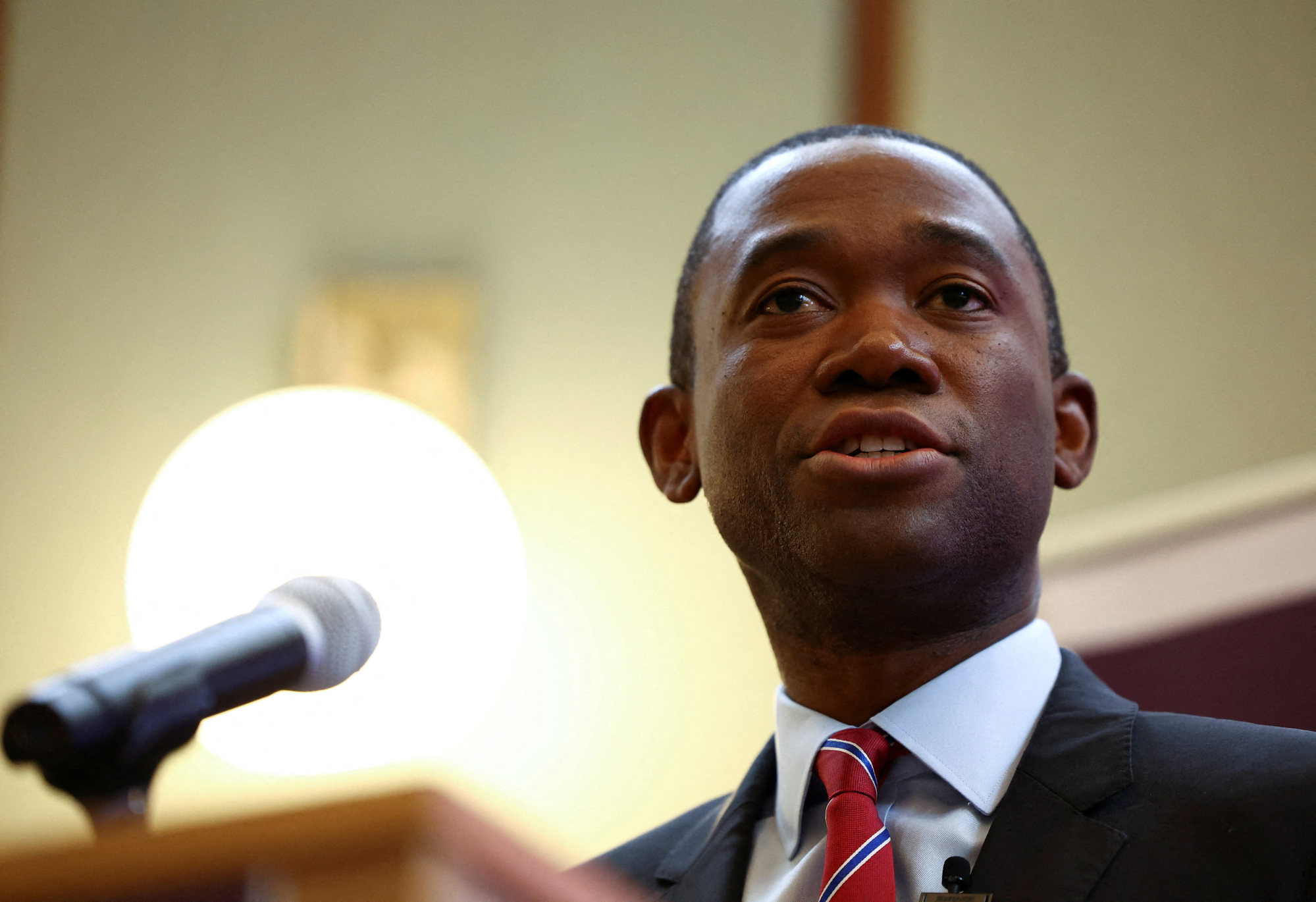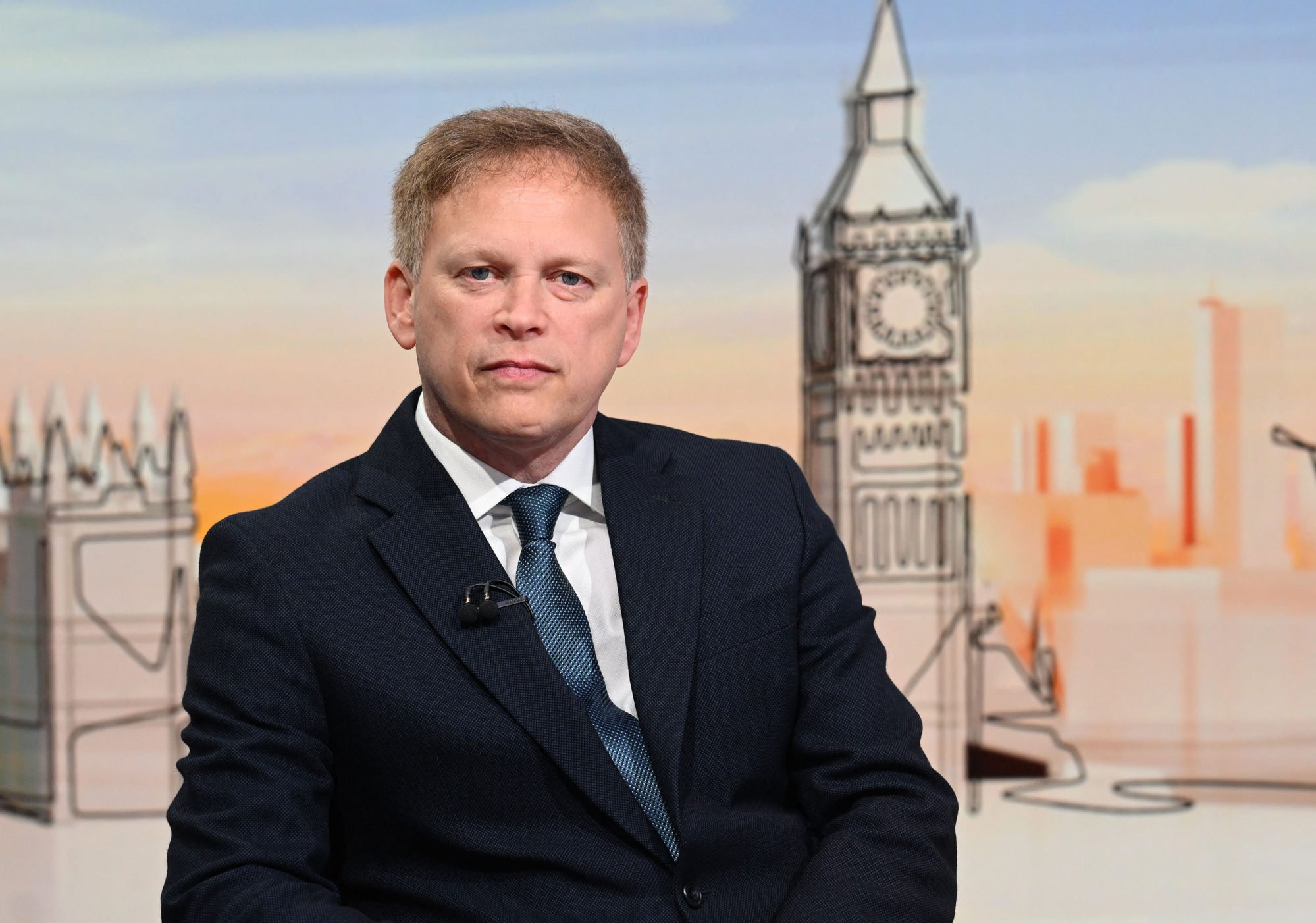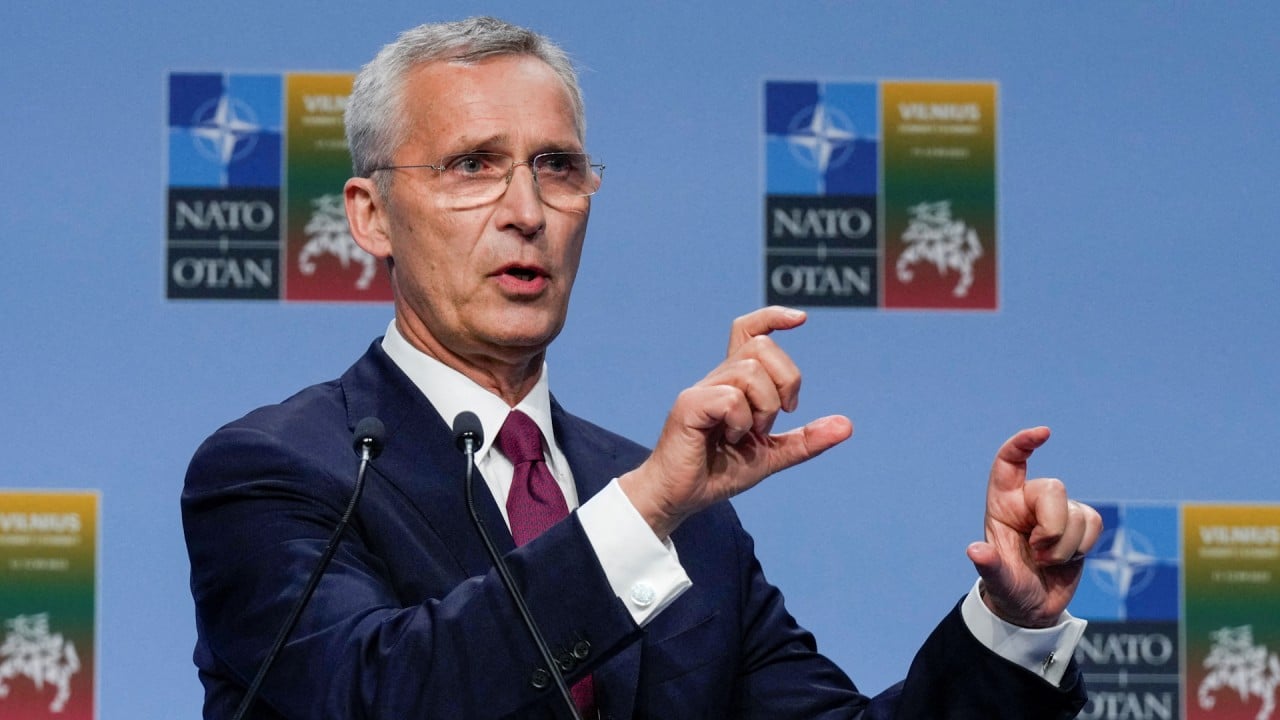“The Kremlin knows it can only meet its military goals with China’s assistance.”
Adeyemo will highlight Washington’s efforts to ensure US semiconductor manufacturers are vigilant in overseeing the use of their chips and preventing “transshipment” via third countries like China, saying that “every country in our coalition and every member of Nato must also consistently and clearly communicate to Beijing that it is unacceptable for the Chinese to abet the Russian military-industrial base”.

According to data from China’s customs department, trade between China and Russia surged to a record US$240 billion in 2023, an increase of over 64 per cent since 2021, before Russia’s invasion of Ukraine.
The US says the increase in imports includes dual-use goods, which are civilian products with military applications essential to the Russian war effort.
Adeyemo’s comments come after his visit to Kyiv this week, during which he talked with his Ukrainian counterpart about implementing new strategies to counter Moscow’s efforts to evade US sanctions.
He said that in Berlin, he will talk about the fact the US and its partners “are going to be open to sanctioning any company or individuals that provide material support to Russia’s military industrial complex”, adding that key components were coming “particularly from China and other countries”.
A Chinese defence ministry spokesman called Washington’s allegations “baseless”, saying on Thursday that Beijing “always adopts a prudent and responsible attitude towards export of military products, strictly manages export of dual-use articles and does not deliberately protract wars for profiteering like the US”.
“More than 60 per cent of Russia’s exported weapon components and dual-use items come from Western countries,” said Wu Qian, a spokesman for China’s Ministry of National Defence.
Earlier this week, US deputy secretary of state Kurt Campbell briefed Nato counterparts in Brussels on Beijing’s assistance to Moscow through the provision of dual-use components.
On Thursday morning, Campbell met with Chinese foreign vice-minister Ma Zhaoxu in Washington.
A State Department spokesman, Vedant Patel, said their talks built on Washington’s “intensive diplomacy” with China over the last year to “responsibly manage competition in the relationship, even in areas where we disagree”.
He suggested that the US and its European allies agreed that China’s support for Russia “not only threatens Ukrainian security, it threatens European security”.
Asked if the US was now considering sanctions against Chinese leadership, Patel said that “if China does not curtail its support for Russia’s defence industrial base, the US will be prepared to take further steps”.

Earlier this month, British Defence Secretary Grant Shapps disclosed at the London Defence Conference, an annual forum on security issues, that US and British military intelligence had uncovered “evidence Russia and China are collaborating on combat equipment for use in Ukraine”.
Shapps called the flow of “lethal aid” from China to Russia into Ukraine “a significant development”.
US National Security Adviser Jake Sullivan distanced US President Joe Biden’s administration from those remarks, saying that “to date” it had not observed any plans for the delivery of lethal aid.
Sullivan said he looked forward to speaking with Britain to understand “better what exactly that comment was referring to”.
Wu, the Chinese defence ministry spokesman, said on Thursday that Shapps was trying to “instigate confrontation” with his “Cold War mentality”.
As Nato members prepare to meet in July in Washington amid growing concern over Beijing’s assistance to Moscow, experts and former government officials on Thursday underscored how Russia’s war in Ukraine and stronger connections among authoritarian states are altering the multilateral map.
Nato members are debating whether their traditional ideal contribution for collective security is sufficient given concerns that Moscow has expansionist plans beyond Ukraine as well as increased tensions over Taiwan.
“There’s a lot of debate and discussion about is 2 per cent of GDP on defence spending enough,” said Andrea Kendall-Taylor, a senior fellow at the Centre for a New American Security and a former senior US intelligence officer.
“Perhaps there could be an announcement at the Nato summit coming up that will raise those targets.”

03:05
Nato leaders slam China over Russia ties and Taiwan threats in bloc’s strongest rebuke yet
Nato leaders slam China over Russia ties and Taiwan threats in bloc’s strongest rebuke yet
Other analysts noted how – motivated in part by the growing coordination among China, North Korea and Iran in helping Moscow – some 18 of Nato’s 31 members are on target to reach the 2 per cent spending level by the end of 2024 compared with only three or four countries a few years ago.
On other fronts, as the UN Security Council has become increasingly paralysed, it has put more weight on the Group of 7 economies to be an effective vehicle for maintaining the rules-based order.
Victor Cha, Korea chair at the Center for Strategic and International Studies, said recent analysis suggested that G7 countries outperform their non-member Western counterparts on a number of economic and social measures, prompting calls to expand the bloc.
As the world increasingly faces off geopolitically, with European and Asian democracies in one camp and authoritarian states in another, the focus increasingly turns to important swing players, said Richard Fontaine, formerly with the US State Department, the National Security Council and the staff of the Senate Foreign Relations Committee.
He said six “global swing states” were particularly important: Brazil, India, Indonesia, Turkey, South Africa and Saudi Arabia.
“All of those countries are making choices, including on the technology side, where they have the potential to either adopt the technology and or the norms governing that technology that is favoured by one side or the other,” said Fontaine, who is now CEO of the Centre for a New American Security.
“We should be trying to see that their policy preferences are synced with ours” rather than with what has been called “the axis of upheaval” nations, he said.
